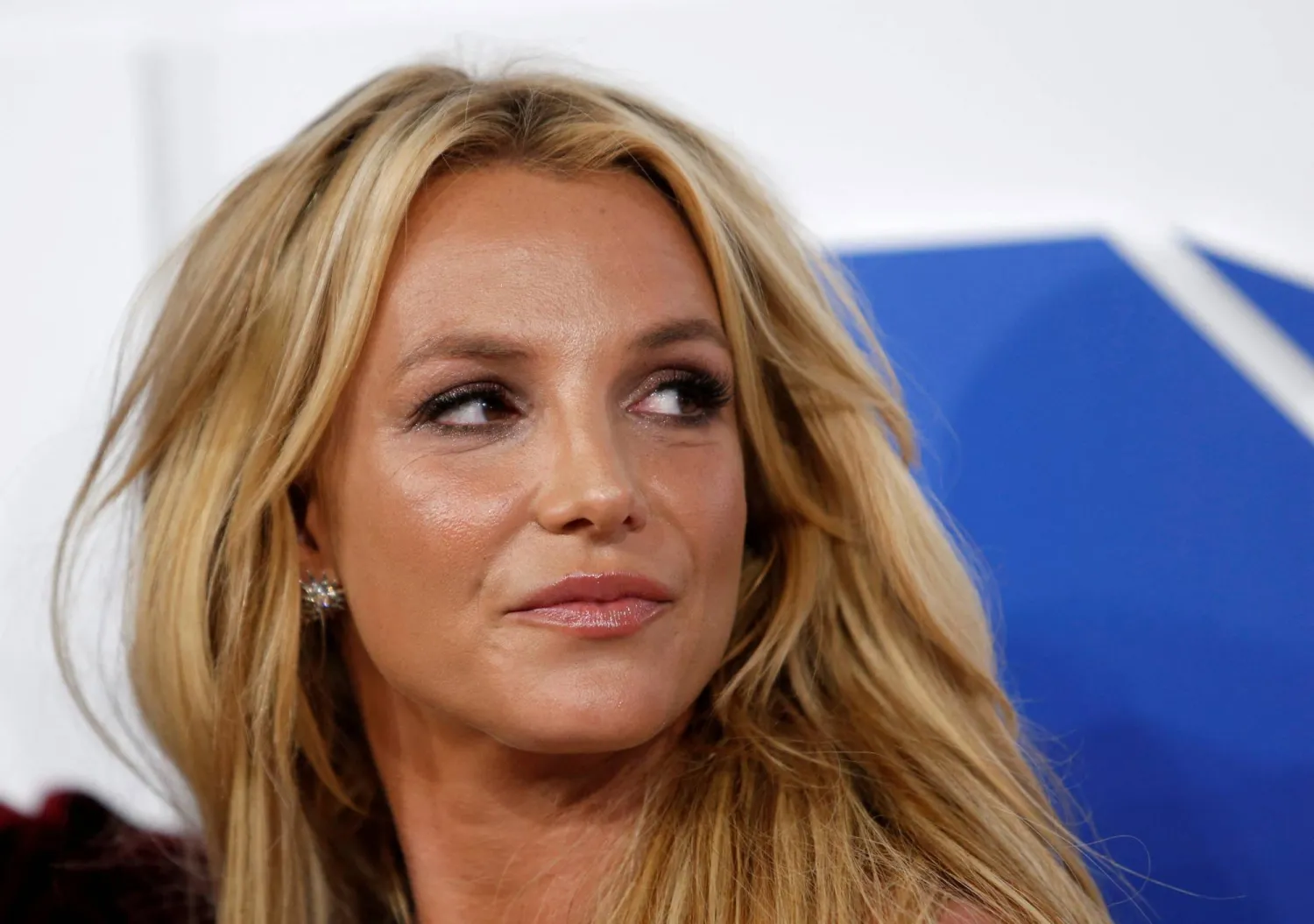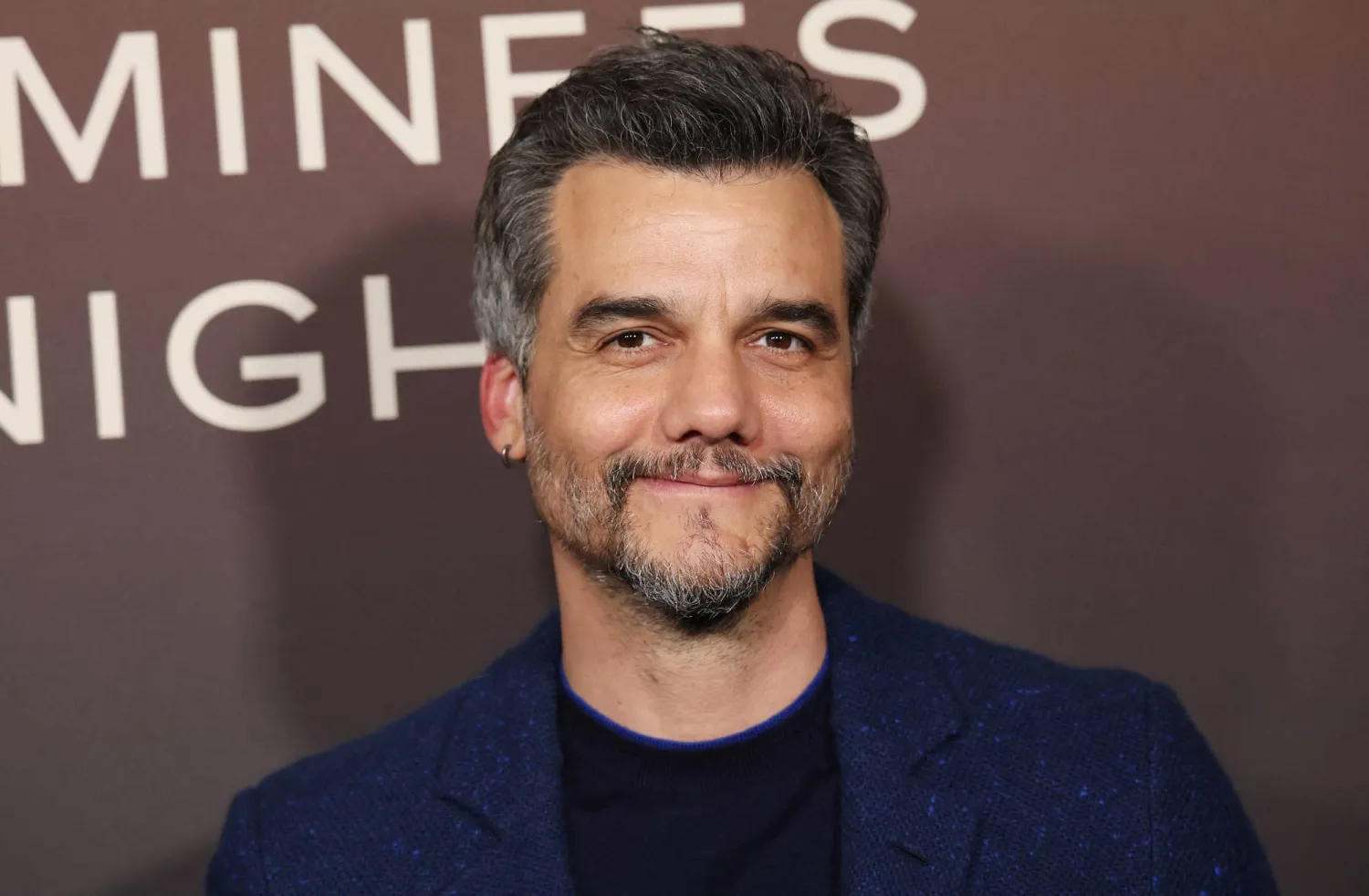Surrounded by music and notes since she was a kid, and being passionate about singing until it became a life journey, Artist Abeer Nehme is deeply fond of music. She accumulated a significant musical culture that helped her create her own singing identity.
Abeer Nehme has recently launched her new album “Bisaraha” which includes a group of songs that reflects her artistic view. In the new album, which is her third collaboration with Universal Music MENA, Abeer worked with several composers and poets including Nabil Khoury, Suleiman Demian, Wissam Keyrouz, Ghassan Matar, Germanos Germanos, and Elie Nehme.
Among the new songs are “Ossetna”, “Sawt”, “Shou Ba’mel”, and “Al Milad el-Jayi”. The album also includes Nehme’s first Egyptian song dubbed “E’mel Nassini” written by Amir Teima, composed by Ihab Abdul Wahed, and distributed by Suleiman Demian.
“I had to make an Egyptian song because dialects are the key to communication with other nations. I thought I have to perform this dialect so I can address the Egyptian people in their language when I meet them. Since I was a kid, I sang Egyptian songs. This beautiful work is the result of a seamless collaboration with Teima, Abdul Wahed, and Demian, and I won’t be telling a secret if I say that I plan to repeat this experience in my coming albums,” Abeer told Asharq Al-Awsat about her Egyptian song.
Nehme pays special attention to the lyrics of her songs, believing that both the words and the music play a major role in any work she makes. “A song with great music and bad lyrics is not an option for me. I am keen to make songs that move me and the listener alike. The topic of the song must highlight a phase of my life, or an experience I lived, or a story inspired by people,” she said.
In “Bisaraha”, Nehme explores romantic and social topics with several messages that touch the listener’s ears and heart. It’s like a painting colored with music and poetry that takes you to a world of joy and peace.
Abeer’s performance and tone completes this painting, making the listener react unconsciously, and fly to an inspiring space drawn by Nehme in her own way. But how does she prepare for her songs?
“When I like a song, I try to sing it alone to see whether it harmonizes with my voice. This is how I know if it suits me especially in live concerts. I also focus on the impression the song might leave on others not only in recordings, but also in live performances,” she explained.
Recording her songs is not always an easy process because sometimes she doesn’t feel ready to enter the studio. “Sometimes, when I am not comfortable, my voice can let me down. Therefore, I have to be completely prepared and comfortable. But in many cases, I feel forced to overcome a certain situation and sing despite everything. Recording songs is not an easy process and its success depends on many factors,” she said.
Nehme says she wants her songs to satisfy people’s different tastes and souls. “The main goal is to present a beautiful material with a mix of emotions that accompany the album I release. Here, I should thank all the people who work with me, because making an album is like a workshop that must end with the best results.”
Nehme is planning more diversity in her works. After the Egyptian song, she’s considering singing in other Arabic dialects including Khaleeji. “Soon, I will start listening to new songs in Khaleeji and Iraqi. An artist must diversify his works while maintaining their special identity. Dialects don’t affect the identity, they rather enrich it. The communication through songs with diverse dialects bring people closer to the artist and the art,” Nehme noted.
About music in our current time, Nehme said “I really loved Nassif Zeytoun’s new song ‘Bel Ahlam’ composed and written by Nabil Khoury, with whom I collaborated in ‘Bisaraha’ and ‘Bala ma Nhes’. I also like Assala.”
How does Nehme see the changes and quick developments in the music world? “In my opinion, the changes music has been witnessing are faster than we can absorb. We face significant challenges today to present the music that resembles us. Every day we wake up to see a new trend, but in music, there are always beautiful works that warm our heart. However, there is no doubt that the quality of music has fallen back,” she said.
Like every year, Nehme will take part in the Beirut Chants Festival in a live concert celebrating the holiday season on December 4. Abeer is committed to this festival because it helps shed light on the Beirut of culture and art, and contributes to placing the Lebanese capital on the world’s art map. “It’s a ray of hope that highlights Beirut’s beauty and real face. In this festival, we assert that pain doesn’t eliminate hope, and the sound of music is louder than any other sound.”
Nehme is also set to perform other concerts in Arabic and western countries, including one at the Bozar Theater, Brussels, on December 11; and one in Sharjah on December 21.
“Music is not only my career, it’s my passion, identity, and the language that I use to express my feelings. It’s my first and biggest dream, and I will keep singing because it makes me feel that I exist. Music is me,” she concluded.









